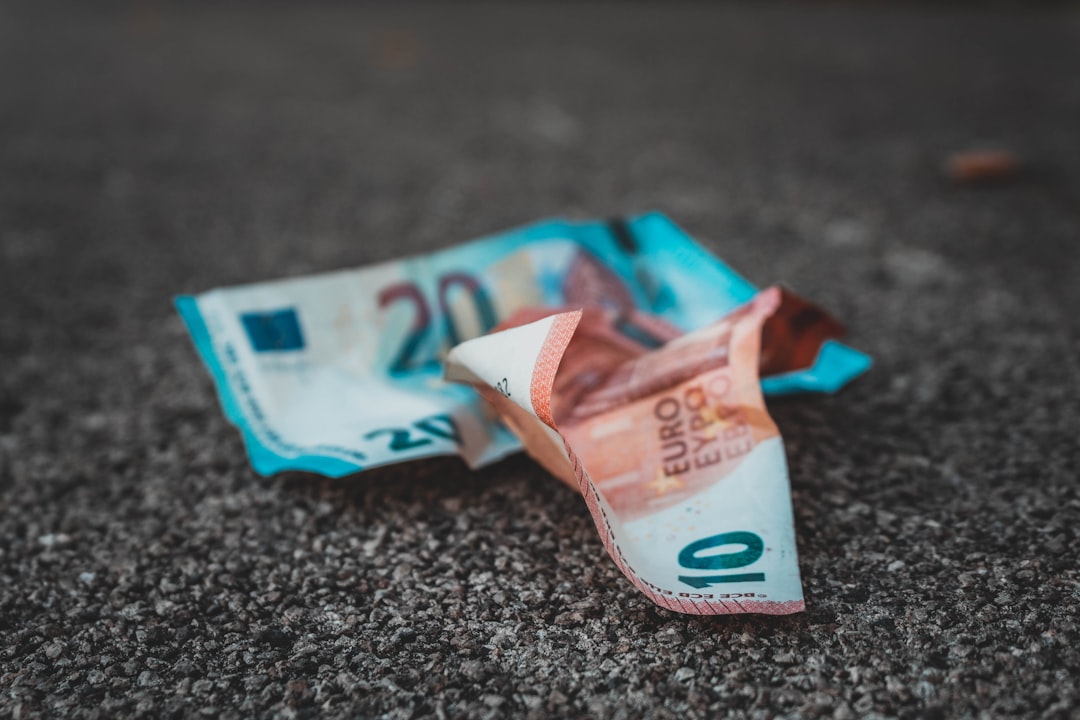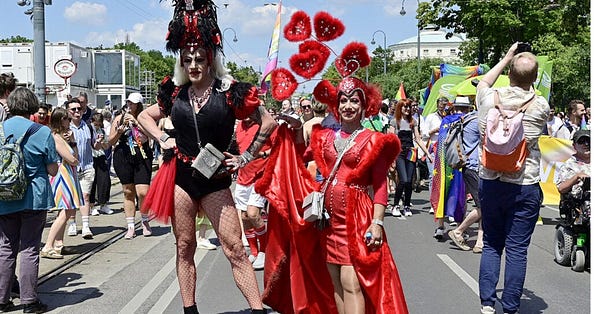Götterdämmerung
Spiraling inflation and corruption scandals are eroding support for the People’s Party (ÖVP) at the federal and state levels

Servus!
During the first wave of the COVID-19 pandemic, as part of a trend that saw voters rally around governing parties all across Europe, support for the conservative People’s Party (ÖVP)—then led by Sebastian Kurz—surged to a high of 48 percent, a share of potential electoral support unheard of in Austria since the Kreisky era. In the following months, the ÖVP’s support gradually declined, tumbling over a cliff in the fall of 2021 when the party became bound up in corruption scandals and Kurz resigned. This month, only 22 percent of voters said they would vote for the ÖVP were an election held tomorrow.
The national ÖVP is in a malaise comparable to the months prior to Kurz’s takeover of the party in the spring of 2017, a time when support for the party was languishing in the high teens—a scandal for one of the two great parties of state. The federal party’s current weakness is one factor that has precipitated a shuffling of the deck at the state level. As I mentioned in last week’s newsletter, Styria governor Hermann Schützenhöfer has announced his intention to step down at the beginning of July, at which time he will hand over the reins to the state’s current culture secretary Christopher Drexler.
Now Tyrol’s governor, former interior minister Günther Platter, has tendered his resignation after 14 years in office, to be succeeded by the state’s secretary for the economy Anton Mattle. Mattle will be the ÖVP’s lead candidate heading into state elections that, while due to have been held in early 2023, have been brought forward to the fall of 2022. Rumors are also swirling in the state of Salzburg that Wilfried Haslauer—now the oldest serving governor in the country—may step down, end his coalition with the Greens and NEOS, and bring forward planned elections from next year to this.
The ÖVP faces three key electoral tests in the coming twelve months. The first will now be in Tyrol. The second is due in the state of Lower Austria—where ÖVP governor Johanna Mikl-Leitner currently reigns with an absolute majority in the state parliament—in the winter or spring of 2023. The third will be in Salzburg in spring 2023 at the latest. All three are ÖVP fiefdoms in which, in theory, the ÖVP could nominate a dog for governor and the party would still win 40 percent of the vote. Yet the ÖVP’s woes in Vienna are taking their toll at the local level, with the party’s support dropping seven points in one year in Lower Austria and 10 points in Salzburg.
For the ÖVP (and the Greens too, whose support is also in decline), the acute problem is inflation. The factors causing the price of food, gas, and energy to rise astronomically are largely out of the coalition’s control, but ÖVP governors like Mikl-Leitner have been worried enough about inflation’s impact on voters’ pocketbooks to condemn and shame their own party into doing more to provide assistance to those in need. On Tuesday, the coalition finally unveiled new measures designed to help the vulnerable by indexing entitlements, increasing the size of the Klimabonus, and getting rid of the ‘cold progression’ income tax trap.
In the background lingers the stench of corruption. Austria’s audit court is very curious to know how it could have been that the ÖVP spent more money fighting the 2019 European election than it did parliamentary elections held that same year. In Upper Austria, the local ÖVP’s Seniorenbund or pensioners’ association pocketed almost €2 million Euros from a fund designed to help out NGOs struggling during COVID. A scandal in Vorarlberg involving the local ÖVP, its business lobby, and alleged illegitimate party financing and misuse of taxpayers’ funds means a change of governor before state elections in 2024 would be unsurprising. Inflation and corruption are corroding the base upon which the ÖVP has stood for decades. While the former may be out of their hands, when it comes to the latter, they only have themselves to blame.
Bis bald!
Last week’s newsletter covered how the return of Vienna Pride had animated Austria’s far-right into action. I’ve expanded on that theme—including how, as I perceive it, the pandemic accelerated an internationalization and homogenization of the far-right—in my latest piece for The New Statesman.


Thank you for subscribing to the Vienna Briefing. If you know someone who might be interested in reading this newsletter, consider sharing it with them today.
The Vienna Briefing is a free newsletter. If you would like to support my work, you can send me a tip via PayPal.
Pogo’s A Go-Go
The musician Marco Pogo has announced his intention to run for the Austrian presidency when new elections are held later this year. His Beer Party won 11 seats at the district level in 2020’s state-level elections in Vienna.
Pride
More than 250,000 people took part in Saturday’s annual Rainbow Parade along Vienna’s Ringstrasse, according to the event’s organizers. SPÖ leader Pamela Rendi-Wagner and Vienna’s deputy mayor Christoph Wiederkehr were among those in attendance.
Goess-Horten Dies
The billionaire art collector and ÖVP donor Heidi Goess-Horten has died at the age of 81. She was the widow of the German department store owner Helmut Horten, a beneficiary of Aryanization during the Nazi period. Goess-Horten’s death came just days after a museum housing her art collection opened in Vienna.


